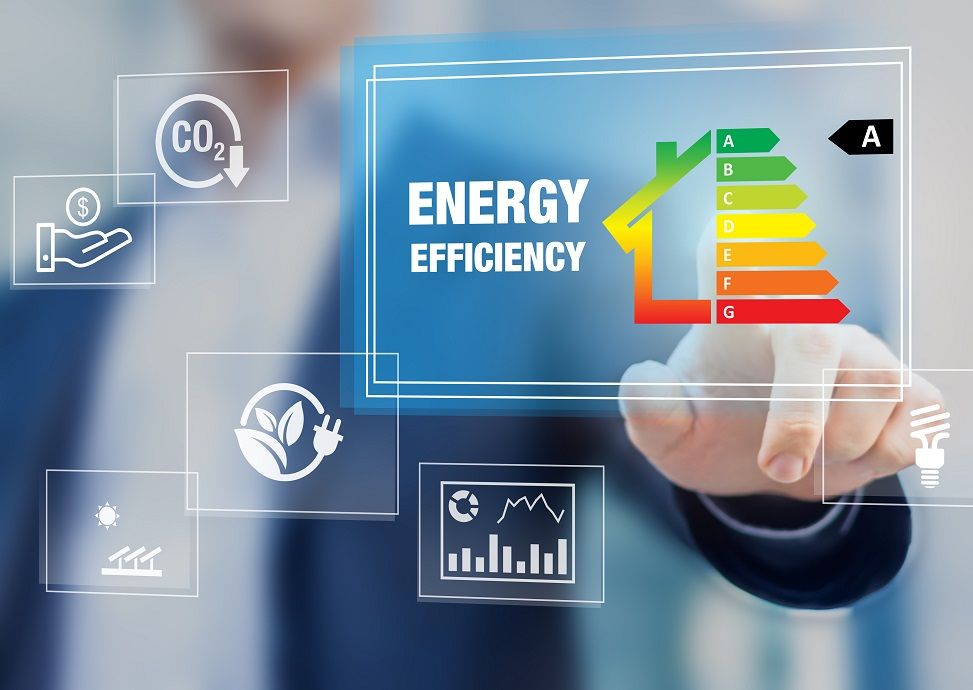
The Institute for Energy Economics and Financial Analysis (IEEFA), a global thinktank focusing on energy market issues, highlighted this potential in a recent report.
Examining 51 industries with 124 gas-fired captive generators, totalling around 250 megawatts (MW) of combined generation capacity, the report seeks solutions to mitigate Bangladesh’s rising LNG demand.
Shafiqul Alam, lead analyst for Bangladesh Energy at IEEFA, warned that unchecked reliance on gas imports could lead to escalating costs and supply challenges, hindering the country’s economic progress.
Alam explained how Bangladesh’s initial enthusiasm for cheap LNG imports in 2018 turned sour amid disruptions caused by the COVID-19 pandemic and global fuel price shocks triggered by geopolitical events like Russia’s invasion of Ukraine in 2022.
This volatile international scenario, coupled with local economic weaknesses, worsened the country’s LNG import woes.
Despite challenges, various industries and the power sector have embraced LNG for manufacturing processes and captive power generation. However, the report identified low efficiency in gas-fired captive power generation as a major issue, with significant gas wastage and underutilisation of waste heat from generators.
By replacing outdated, inefficient generators with more efficient models and harnessing waste heat for other applications, Bangladesh could slash LNG demand by 21 per cent. While upfront investment for generator replacement is substantial, the report suggests a relatively short payback period of 1.5 to five years.
Additionally, investments in waste heat recovery could be recouped in just one year.
The alternative—continuing reliance on fossil fuel imports amidst tightening global environmental regulations—would necessitate even greater infrastructure investment. Therefore, prioritising energy efficiency presents a more sustainable and cost-effective path forward for Bangladesh’s energy security and economic development.
Fibre2Fashion News Desk (DR)